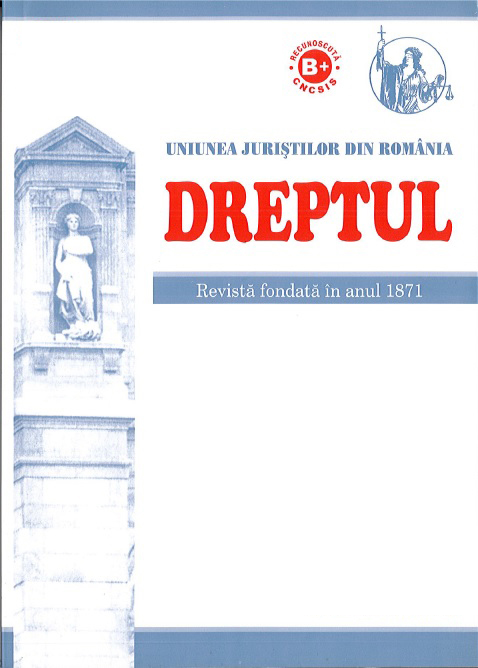Are separate opinions necessary? Writing them involves both time and resources, and the result does not influence the causes in which they were formulated. In this context, the logical question is why some national and international judges choose to formulate such opinions. We appreciate that the main reason is the potential of these opinions to contribute to the development of the future judicial practice.
The aim of this study is to emphasize the importance and benefits of regulating the separate opinions in national legislation and to encourage their use. In this study we aim to analyze the purpose of the separate opinions along with the arguments for and against their regulation in national legislations. We will also analyze the difference between separate and concurring opinions, but also the different result that these opinions may have. We will also address the issue of the style in which these opinions are written and the impact it may have on future case law.
A distinct part of this paper will be devoted to the analysis of separate opinions in national courts. At the same time, we will follow if there are differences between the constitutional court and the common law courts, regarding the use of these opinions.
At the end of the study, we will make some proposals de lege ferenda on the need for legislative development of the field of separate and concurring opinions, development which would encourage their use and, at the same time, would limit the purpose of using these opinions to the development of the case law.
ROLUL ȘI IMPORTANȚA OPINIILOR SEPARATE ÎN DREPTUL INTERN ȘI INTERNAȚIONAL
15.00lei


